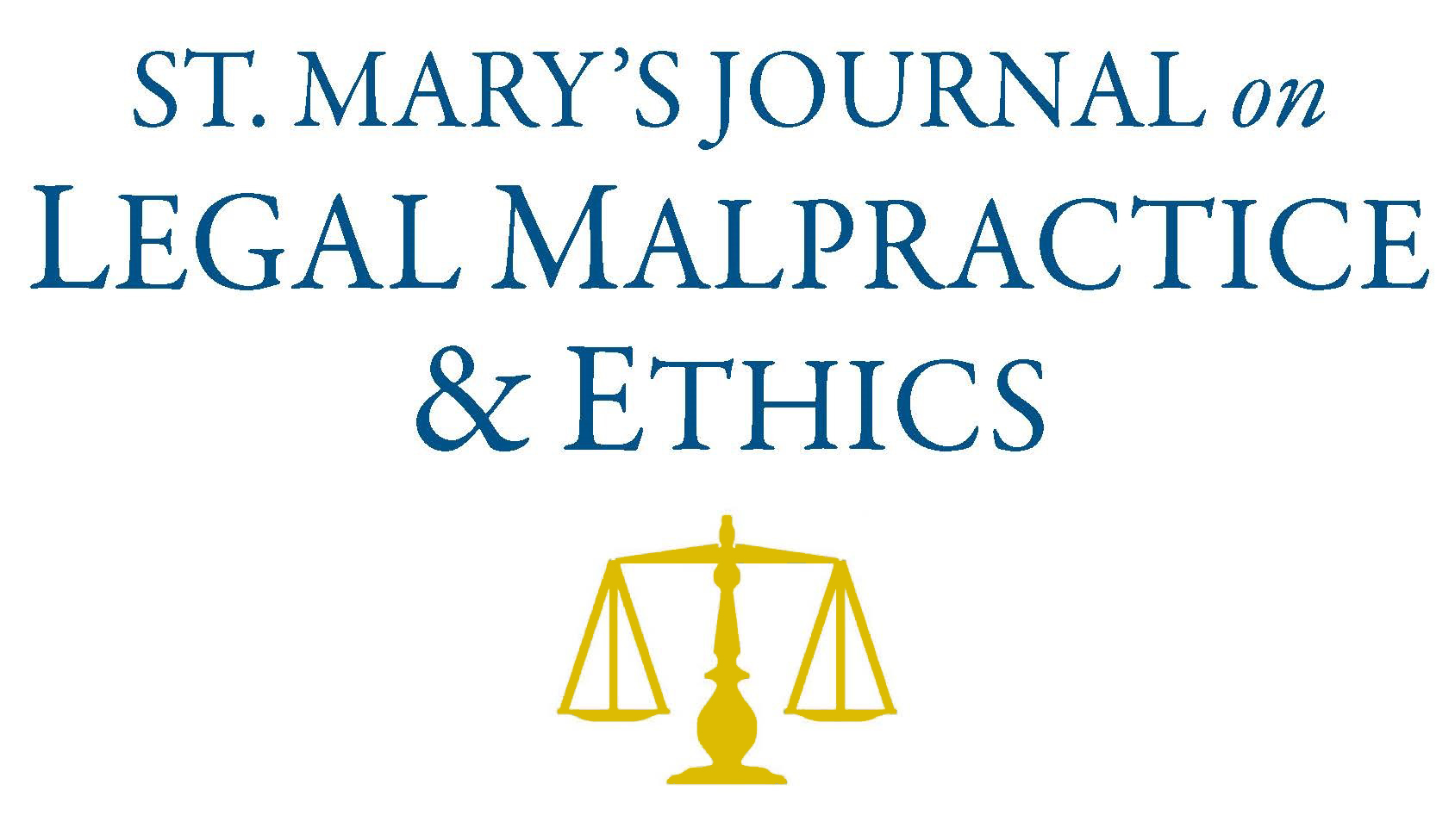
First Page
224
Date Created
11-10-2023
Publisher
St. Mary's University School of Law
Editor
Julia M. Tillman
Last Page
261
Abstract
The criminal lawyer has a duty to his client, to the court, and to the administration of justice. This must be accomplished within a framework of ethics comprised from codes of conduct regulating the legal profession. There are difficult ethical problems arising from conflicts between a lawyer’s responsibilities to clients, the legal system, and the disciplinary codes of the profession. In England, the barrister’s conduct is governed by the Bar Standard Board, and legal professionals must abide by the regulations that are imposed upon them when acting for their clients. The new Criminal Procedure Rules and Criminal Practice Directions, promulgated in December 2021, affirm the overriding objectives of trials as fairness and procedural propriety. There is a need to consider the ethical standards which lawyers must abide and the way those frameworks are interpreted to prevent unfair advantages over the other parties and the consolidation of the principle of innocent until proven guilty. This Article draws a comparative approach between the law in England and the United States, where attorneys in criminal trials must follow the American Bar Association’s Model Rules of Professional Conduct that affirm the principles of duties owed to the client and to the court.
Recommended Citation
Zia Akhtar,
Legal Ethics, Code of Conduct for Barristers and the Overriding Objective in Criminal Trials,
13
St. Mary's J. on Legal Malpractice & Ethics
224
(2023).
Available at:
https://commons.stmarytx.edu/lmej/vol13/iss2/1
Included in
European Law Commons, Law and Society Commons, Legal Ethics and Professional Responsibility Commons, State and Local Government Law Commons

